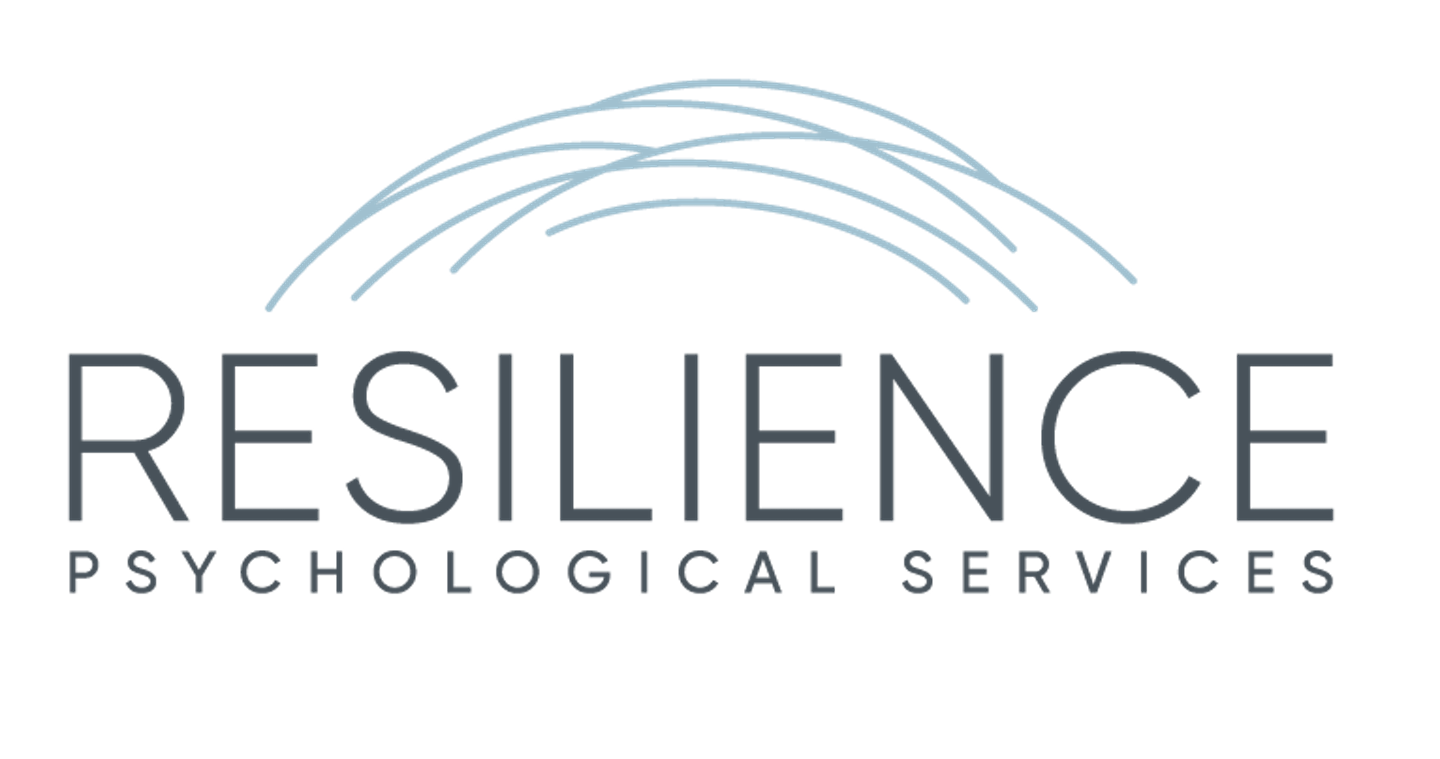AbolitionisM
Abolitionism began as a movement to end slavery, challenging deeply entrenched systems of racial, social, and economic exploitation in the US and beyond. Rooted in a vision of freedom and justice, abolitionist principles have since expanded to confront various forms of modern oppression, including mass incarceration and systemic racism.
Today, this framework seeks to dismantle the prison industrial complex (PIC), which criminalizes and incarcerates marginalized communities, disproportionately affecting black individuals and immigrants. The PIC functions as modern-day slavery, exploiting primarily black and brown bodies for labor and profit, and is deeply rooted in the anti-black racist foundations of policing and prisons. It operates in conjunction with anti-immigration policies, imposing punitive measures that frame migration as a crime rather than a human right.
ABOLITIONIST THERAPY
In therapy, abolitionist principles guide us to recognize and resist the ways these oppressive systems—including mass incarceration and the criminalization of immigration—impact mental health, disproportionately affecting marginalized communities and perpetuating cycles of trauma. By addressing these systemic forces in the therapeutic space, we empower clients to heal within a framework that prioritizes justice, resilience, and collective liberation.
Being an abolitionist or anti-carceral therapist means approaching mental health care with a commitment to dismantling systems of punishment, control, and incarceration, and instead fostering healing, justice, and community accountability. This approach challenges traditional carceral systems (like prisons and policing) that prioritize punishment over rehabilitation, especially for marginalized communities, and seeks to create alternative methods of addressing harm that focus on transformative justice, decriminalization, and the well-being of individuals and communities.
Key Principles
Challenging Punishment-Based Models: Instead of relying on criminalization, abolitionist therapists reject punishment-focused systems and address root causes like trauma, poverty, and oppression.
Transformative Justice: Rather than punitive measures, anti-carceral therapists advocate for transformative justice, focusing on accountability, care, and repairing harm through community-led processes.
Mental Health Decriminalization: Abolitionist therapists oppose the criminalization of mental illness, particularly for marginalized groups, striving to provide care without involving law enforcement or psychiatric institutionalization.
Systemic Change: This approach recognizes the link between personal healing and systemic oppression, empowering clients to resist and navigate systems of racial, gender, and class oppression.
How We Can Help
At Resilience, our abolitionist-informed therapy centers healing from trauma and challenging systemic oppression. We provide a compassionate space to process harm from carceral systems like policing and the prison-industrial complex. Our approach focuses on:
Healing and Empowerment: We help you reclaim your voice and autonomy, especially if you've been impacted by systemic injustice.
Transformative Justice: We support non-punitive ways to address conflict and foster personal accountability.
Community and Advocacy: We connect you with resources to build networks of care and collective healing.
What to Expect
Non-coercive care: Abolitionist therapists emphasize consent and collaboration, ensuring that therapy is not about controlling or managing the client, but about supporting their autonomy and well-being.
Community-oriented approaches: Therapy may involve connecting clients to community resources, building networks of care, and fostering collective healing rather than isolating individuals in punitive or institutional settings.
Advocacy and education: Many anti-carceral therapists also engage in advocacy work, pushing for policy changes, educating communities about alternatives to punishment, and promoting mental health care as a form of social justice.
Abolitionist and anti-carceral therapy challenges the idea that punishment or confinement is the solution to harm. Instead, it seeks to create compassionate, just, and community-based responses that prioritize healing, growth, and accountability without relying on systems that perpetuate cycles of harm and inequality.
We're here to support your growth and resilience in the face of trauma and oppression. Reach out today to learn more about our abolitionist approach to therapy.
Whether you're dealing with trauma, systemic oppression, or just need a space to heal, we're here to support you with a holistic approach that focuses on long-term growth and well-being.



